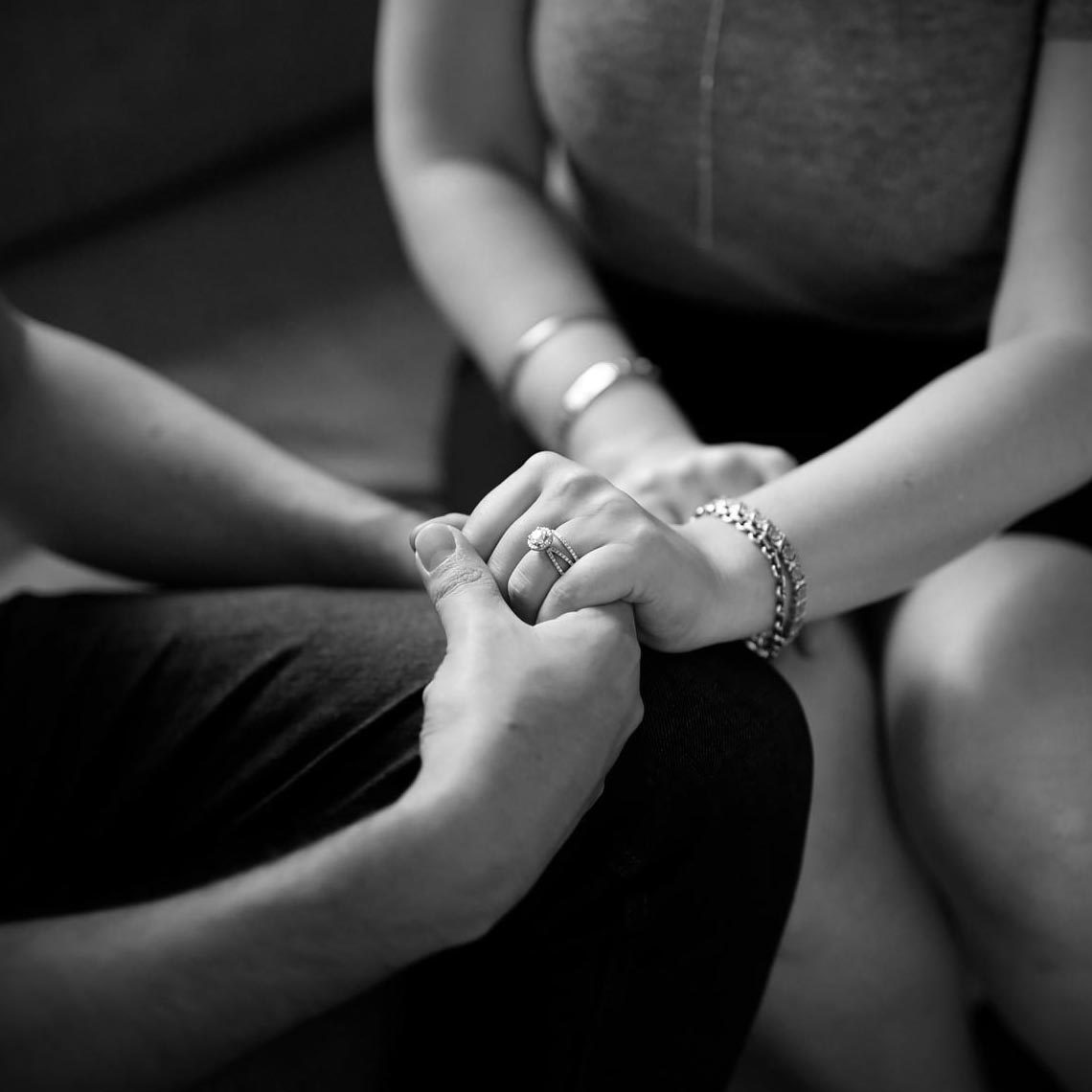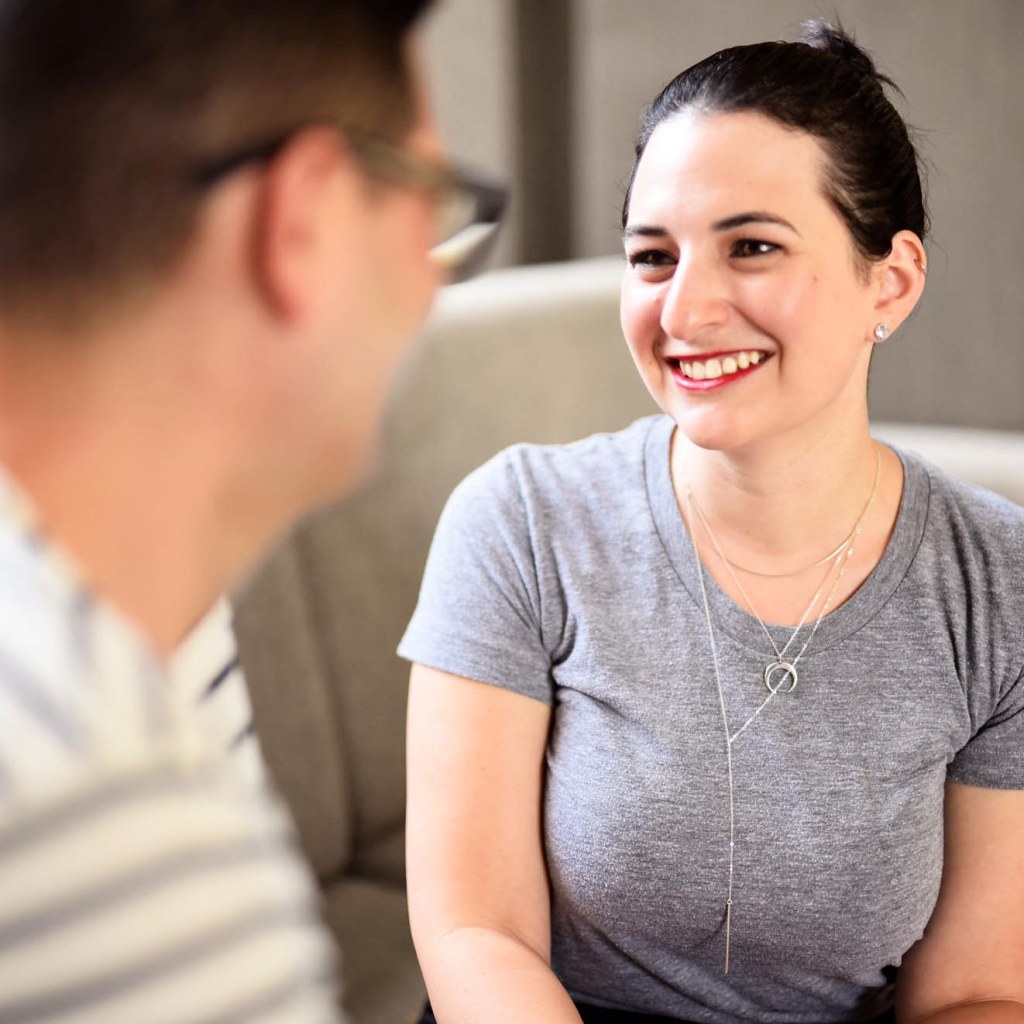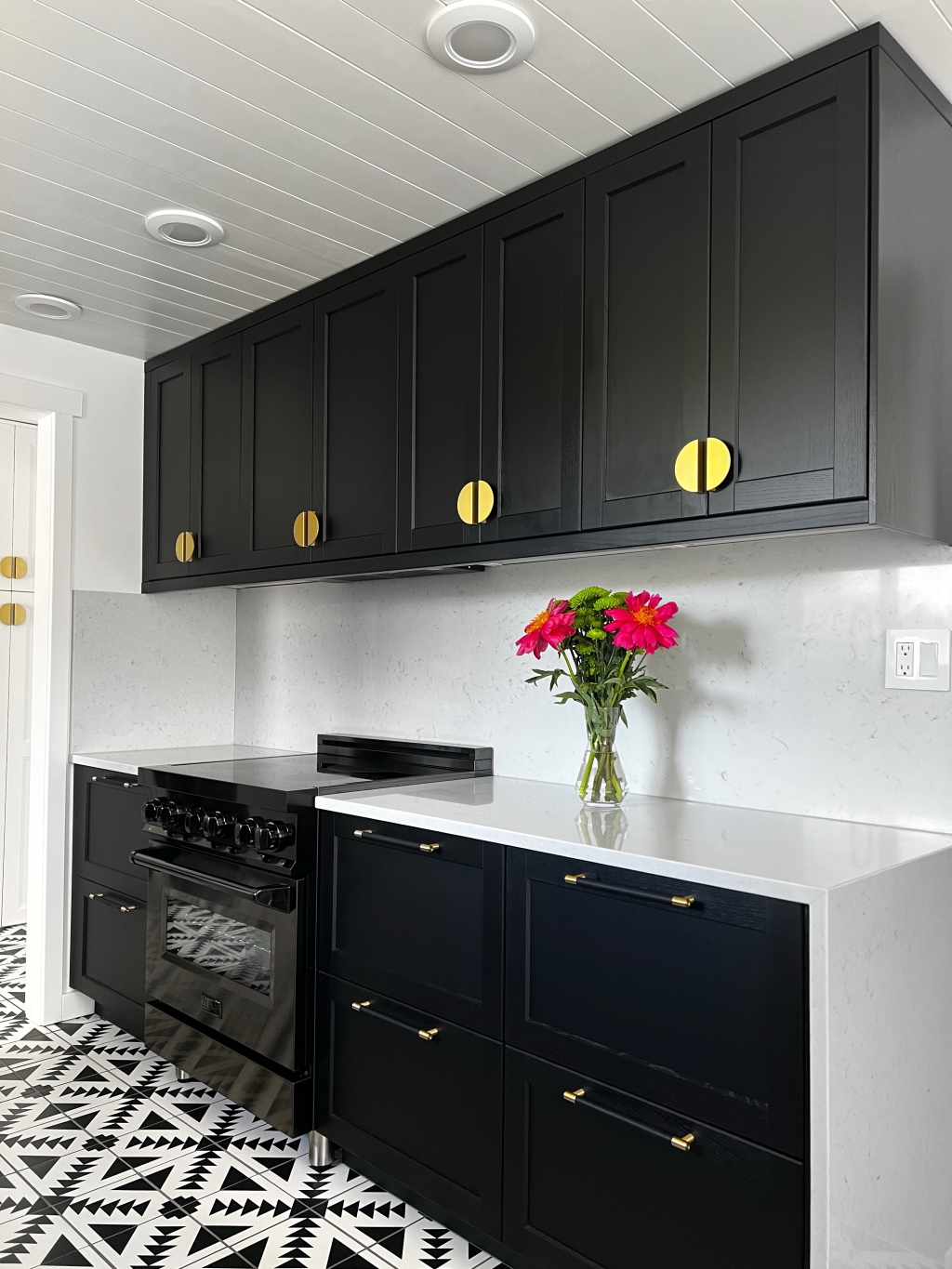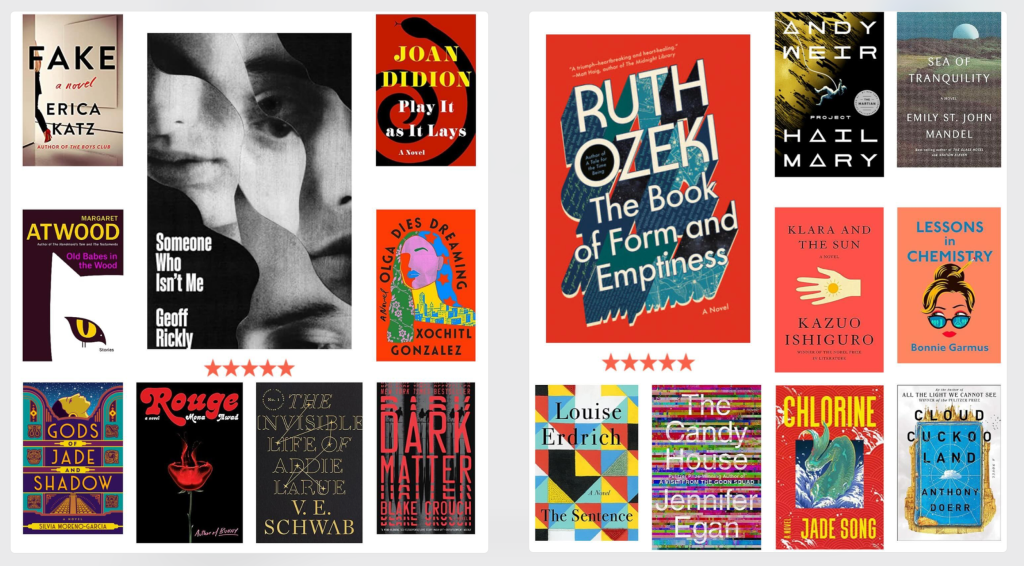
It’s been ten years since I fought my way out of a domestic violence relationship.
Damn, that’s a heavy sentence.
This is very hard for me to talk about openly. It’s important to say here that my ex-abuser might read this. He’d know it’s about him, even though I’ve changed my legal name and moved two states away. I’m posting it freely on the internet where anyone could read it.
But I need to share this story, to give myself power over it, to own that chapter of my life, and to finally close it.
This is for others out there who may be in the same boat as I was: they accidentally rowed down the wrong river to find themselves thrown overboard, gasping for air, and fighting for their lives.
If you’re a victim of domestic violence, this post is for you. If you or someone you love is involved in an abusive relationship, this is for you.
1 in 4 women experience domestic violence in their lives. Maybe you’ve been there. Maybe you know someone who has.
Domestic violence is the willful intimidation, physical assault, battery, sexual assault, and/or other abusive behavior as part of a systematic pattern of power and control perpetrated by one intimate partner against another. It includes physical violence, sexual violence, psychological violence, and emotional abuse. Domestic violence is one partner’s consistent efforts to maintain power and control over the other.
Abusive people believe they have the right to control and restrict their partners. They believe that their feelings and needs should be a priority in their relationships, so they use abusive tactics to dismantle equality and make their partners feel less valuable and deserving of respect.
No matter why it happens, abuse is never okay and it’s never justified.
For anonymous, confidential help available 24/7, call the National Domestic Violence Hotline at 1-800-799-7233 (SAFE) or 1-800-787-3224 or text 741741.
I didn’t know I was in an abusive relationship. I always thought being abused meant being beaten repeatedly.
When I was 17, I began a relationship with a much older man that became abusive. Along the way, I lost pieces of myself, my identity, and my happiness. I couldn’t see what was right in front of me, but often that’s part of the problem with domestic violence.
I blamed myself for his anger and rage. He convinced me that I did something wrong. I tried to leave and cut ties, but he threatened me repeatedly. Eventually, I got out, but not unscathed.
Today, I am a survivor.
Many of the bruises he gave me were invisible, but they have done long lasting damage on my mental health.
I didn’t realize that there are many different kinds of abuse: domestic violence can include behaviors that physically harm, arouse fear, prevent a partner from doing what they wish or force them to behave in ways they do not want. It includes physical and sexual violence, threats and intimidation, emotional, digital and financial abuse.
Domestic violence does not always manifest as physical abuse. Emotional and psychological abuse can often be just as extreme as physical violence. Lack of physical violence does not mean the abuser is any less dangerous to the victim, nor does it mean the victim is any less trapped by the abuse.
Abuse is rooted in power and control, and an abusive partner holds that power by minimizing their victim’s self-esteem and breaking their spirit.
I didn’t know what gaslighting was.
I didn’t know people could be brainwashed. I didn’t realize it could be done so easily by a master manipulator. I had no idea manipulation was actually done the way it is.
I didn’t know those things could get in your head and cause so much damage.
In hindsight, none of the behavior I witnessed from my ex-abuser was normal or okay. At the beginning of our relationship, he was loving and sweet. But his charming facade faded, and then things started to get bad. I just thought all relationships were hard. I thought it was okay that someone was telling me what I could wear, what I could eat, who I could talk to, where I could go, what I was doing, and calling me names/slurs all the time. When he got dangerous, he would say it was an accident, or that it would never happen again.
Signs of an abusive relationship
- Tells you that you can never do anything right
- Shows extreme jealousy of your friends and time spent away
- Keeps you or discourages you from seeing friends or family members
- Denies that their abusive actions are abuse
- Insults, demeans or shames you with put-downs
- Controls your money
- Accusing you of cheating and being often jealous of your outside relationships
- Stalks you or monitors your every move (in person or also via the internet and/or other devices such as GPS tracking or the victim’s phone)
- Takes your money or refuses to give you money for necessary expenses
- Looks at you or acts in ways that scare you
- Controls who you see, where you go, or what you do
- Prevents you from making your own decisions
- Tells you that you are a bad person
- Prevents you from working or attending school
- Destroys your property
- Intimidates you with guns, knives or other weapons
- Pressures you to have sex when you don’t want to or do things sexually you’re not comfortable with
- Uses technology such as texting and social networking to bully, harass, stalk or intimidate you.
If you answered ‘yes’ to even one of these questions, you may be in an unhealthy or abusive relationship.
For anonymous, confidential help available 24/7, call the National Domestic Violence Hotline at 1-800-799-7233 (SAFE) or 1-800-787-3224 (TTY).
How To Leave An Abusive Relationship
Moving on after any breakup is challenging, but moving on after an abusive relationship can be especially hard. For someone transitioning from victim to survivor, the fallout may include continued harassment or attacks. If you’re leaving an abusive relationship, rebuilding your life can be a hard process, but with time and space, finding closure and peace is possible. A violence-free life is possible, and you are so worth it.
- Come up with a safety plan. A safety plan is a practical plan that includes ways to remain safe while in a relationship, planning to leave, or after you leave. Safety planning involves how to cope with emotions, tell friends and family about the abuse, take legal action and more.
- Keep any evidence of physical abuse, such as pictures of injuries, a journal of all violent incidences, noting dates, events and threats made, if possible. If you are injured, go to a doctor or an emergency room and report what happened to you. Ask that they document your visit.
- Know where you can go to get help. Tell someone what is happening to you.
- Severe all communication. This is really important. You may feel the need to offer forgiveness, help your abusive partner through the break up, or show them how you’re better off. Delete their phone number. Change your number. Resist the urge to look them up on social media.
- Surround yourself with support. Ask for help. Allow yourself to get help and support from friends and family who care about you. Tell them what you need from them, whether that’s someone to talk to about what you went through, or someone to keep you from answering phone calls from your ex, stop you from texting them back, etc. If your abusive partner isolated you from friends and family, you may find that you no longer have that support network — but there are always people who want to help. You can text CONNECT to 741741 from anywhere in the USA, anytime, about any type of crisis.
- Take care of yourself. This is such an important part of the healing process. It starts with understanding that the abuse wasn’t your fault, then work on finding things that make you happy. Rediscover what brings you joy. Praise yourself for accomplishments. Becoming aware of what you think and say about yourself can help shift negative thoughts and bring you back to the self that may have been lost in abuse.
- Give yourself time. They say “time heals all wounds” and it does. Give yourself as much time as you need to heal and recover. Recovery looks different for everyone, and there is no set amount of time you need to recover from abuse.
- Seek counseling. I know it’s scary and hard, but I promise it will help in the long run. Look for a trauma specialist that help you deal with remaining anxiety and find ways to relieve that stress. A trauma specialist can help to process traumatic memories or experiences so that it is possible to move on.
How To Talk To Someone Experiencing Abuse
Offer your support. Let them know that they’re not alone.
- “I know this is difficult to discuss, but I’m always here to listen.”
- “You are not alone. I care about you, and I’m here for you, no matter what.”
- “You are not responsible for what’s going on.”
- “No matter what you did, you do not deserve this.”
Express your concern for their safety. It’s important to help them recognize the abuse while acknowledging the difficulty of their situation.
- “You are always welcome at my place. Come over any time.”
- “Please know that if you need to talk, you can always come to me.”
- “I’m worried about your safety and am afraid you’ll get really hurt next time.”
Avoid confrontation. DO NOT GET MAD AT THEM. If they’re not ready to talk about it, don’t force it. Encouragement is key, and knowing you support them no matter what.
- “I’m here to help and am always available, even if you don’t want to talk about it now.”
- “Remember, you’re not alone — I am here for you when you’re ready.”
- “I want to help. What can I do to support you?”
- “How can I help protect your safety?”
Provide more ways to get help. Help them look into available resources, like the National Domestic Violence Hotline (800-799-SAFE) or a local domestic violence agency.
- “Here is the number to our local domestic violence agency. Let’s call them together.”
- “Let’s develop a safety plan.”
- “If you need to go to the police, court or a lawyer, I can go with you to offer support.”
- “You are always welcome at my place.”
Today, I’m recovering. I’m thriving.
I’m happy to say that I am in a loving, healthy, and supportive marriage with an incredible man.
THERE IS HAPPINESS AFTER ABUSE.
THERE IS A SAFE WAY OUT.
Your significant other should enhance your life, not take away from it. They should lift you up, not bring you down. And NO ONE should ever manipulate you. No one should ever make you feel like you are unlovable, or not worthy of their love or time. Everyone deserves a relationship that is positive, healthy and free from violence.
What Does A Loving, Healthy Relationship Look Like?
- Safe communication: You talk openly about problems and listen to one another. You respect each other’s opinions.
- Trust: You believe what your partner has to say, and you do not feel the need to “prove” each other’s trustworthiness.
- Boundaries: You set healthy boundaries with each other and respect them, including respect for each other’s emotional, physical and digital boundaries. It’s important for partners to know each other’s concerns, limits, desires and feelings, and to be prepared to respect them.
- Mutual respect: You value each other, make decisions together and hold each other to the same standard.
- Honesty: You are honest with each other, but can still keep things private.
- Consent: You talk openly about sexual and reproductive choices together. You both willingly consent to sexual activity and can safely discuss what you are and are not comfortable with. Whether it’s the first time or the thousandth time, nobody is ever obligated to give consent, even if they have done so in the past. You are the only one who ever has ownership of your body.
Surviving domestic violence is one day at a time. I am working towards forgiving my abuser. I hope that he has turned his life around. I want to believe he’s moved on and created a better life for himself, free from violence and anger. I purposefully left details out of this post about him because I do not want retaliation of any kind.
I believe that I can move on, free from fear and the restraints of trauma.
I know that I am a strong person and I lived through something that most people couldn’t. I have an amazing support system behind me that has helped me with more than I could ever thank them for. I’d also like to thank Catalyst Domestic Violence Services in Chico, CA for helping me when I really needed it.
Today, I’m happily married to an amazing man. I’m looking for Domestic Violence nonprofits that I can work with.
There is life after abuse.

For anonymous, confidential help available 24/7, call the National Domestic Violence Hotline at 1-800-799-7233 (SAFE) or 1-800-787-3224 (TTY).




Leave a comment